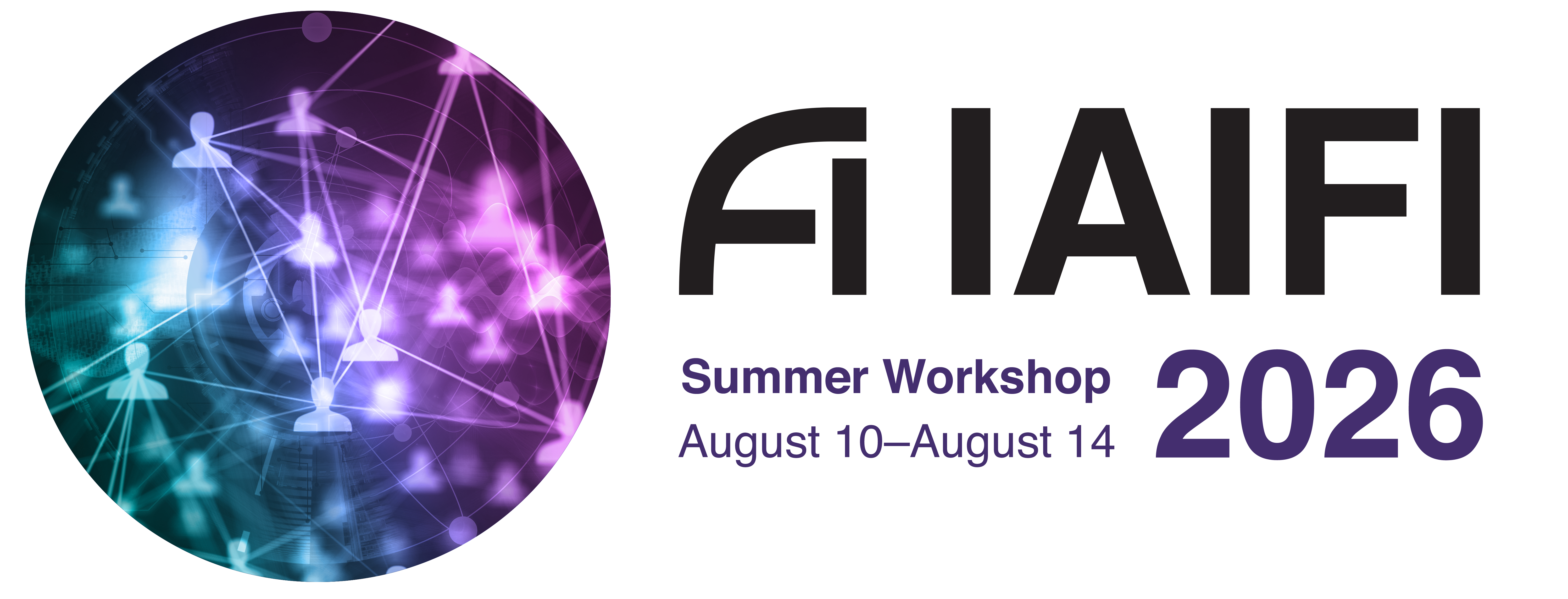
The IAIFI Summer Workshop brings together researchers from across Physics and AI for plenary talks, poster sessions, and networking to promote research at the intersection of Physics and AI. We will also accept submissions for contributed talks and/or posters.
Registration for the 2026 IAIFI Summer Workshop will open in early 2026. Join our mailing list to receive updates.
- The 2026 Summer Workshop will be held August 10–14, 2026
- Location: Boston/Cambridge, MA (exact location TBA)
Agenda Speakers FAQ Accommodations Past Workshops
About
The Institute for Artificial Intelligence and Fundamental Interactions (IAIFI) is enabling physics discoveries and advancing foundational AI through the development of novel AI approaches that incorporate first principles, best practices, and domain knowledge from fundamental physics. The goal of the Workshop is to serve as a meeting place to facilitate advances and connections across this growing interdisciplinary field.
FAQ
- Who can attend the Summer Workshop? Any researcher working at or interested in the intersection of physics and AI is encouraged to attend the Summer Workshop.
- What is the cost to attend the Summer Worskhop? The registration fee for the Summer Workshop is 200 USD and includes a welcome dinner, as well as coffee breaks and snacks.
- If I come to the Summer School, can I also attend the Workshop? Yes! We encourage you to stay for the Workshop and you can stay in the dorms for both events if you choose (at your expense).
- Will the recordings of the talks be available? We plan to share the talks on our YouTube channel.
2026 Organizing Committee
- Will Detmold, Co-Chair (MIT)
- Bill Freeman, Co-Chair (MIT)
- Sam Bright-Thonney (IAIFI Fellow)
- Akshunna Dogra (Incoming IAIFI Fellow)
- Berthy Feng (IAIFI Fellow)
- Mathis Gerdes (Incoming IAIFI Fellow)
- Juvenal Bassa (UPRM)
- Yize Dong (Harvard)
- Franc O (Northeastern)
- Sneh Pandya (Northeastern)
- Shelley Tong (MIT)
- Lana Xu (MIT)
- Xiaoyuan Zhang (MIT)
- Marisa LaFleur (IAIFI Managing Director)
- Thomas Bradford (IAIFI Project Coordinator)